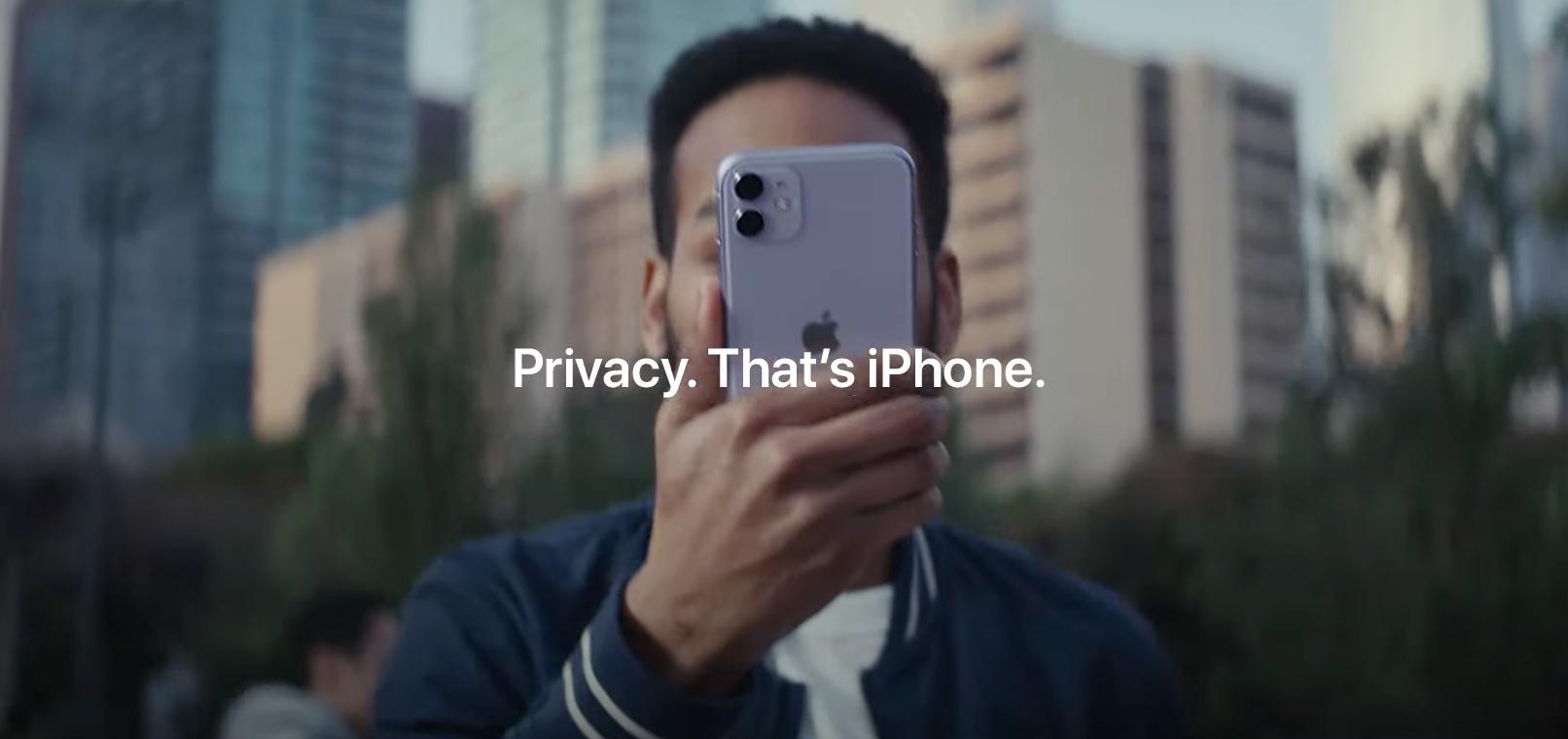iCloud+ Private Relay is not a VPN killer, but it will probably make Apple a killing.
We all know Apple sees itself as a champion of user privacy. From CEO Tim Cook's statements on privacy being a "human right" to the company using its privacy stance in its advertising to sell iPhones, it's clear to see Apple wants the message to be that using an Apple device affords better privacy protections than any of its competitors.
It also happens to align nicely with Apple's business model. Since Apple doesn't rely on selling user data to make money and instead makes some hefty margins on its hardware, the company is well-placed when it comes to taking the high road on privacy. However, the announcement of new privacy features that are exclusively available to iCloud+ subscribers suggests that proper privacy now comes at a premium.
New features, if you pay
At WWDC 2021 last month, Apple unveiled iCloud+ — something of a rebrand of its cloud storage service. While the prices and storage tiers are staying the same, the announcement did include three new features that will require an iCloud+ subscription: Hide My Email, Private Relay, and enhanced HomeKit Secure Video storage.
The latter makes the most sense and is plainly a good move for HomeKit users who will soon be able to connect an unlimited number of HomeKit Secure Video cameras (previously capped at five) that can stream and record footage without counting towards their iCloud storage limit. It's also obvious why this requires the user to be on a paid iCloud+ plan since storing large video files doesn't come cheap.
However, the other two features seem to have been shoehorned into iCloud+ to be arbitrarily locked behind a paywall, especially since other privacy-focused features have been regularly added to Apple's OSes in the form of free updates.
As the name suggests, Hide My Email allows users to generate a random email address each time a site requests one rather than having to use your real email. Any contact to that email will be forwarded to your regular email address, and iCloud Keychain can store your log-in details for you, so you don't need to remember each random email address created. With the ever-present risk of data breaches, this is a huge privacy benefit as your real email (that you probably use in several places) is much less likely to get into the wrong hands.
iCloud+ Private Relay operates similarly to a VPN in some ways, though there are a few key differences which Apple has been keen to point out whenever the service has been compared to a VPN. Private Relay can't be used for bypassing geographic content restrictions or for tunneling into your workplace's secure system, but it does afford the user an additional layer of privacy with encryption and by obfuscating your real location and IP address to help avoid you being profiled across the web.
The privacy upsell
The problem is, these two features don't really fall under iCloud's remit as we knew it before, hence the + rebrand, I expect, and their inclusion in the new iCloud+ service seems like an upsell even if iCloud's prices are staying the same. That's especially true when you consider the backdrop of Apple's ever-growing focus on services revenue. Now, if you want all of Apple's privacy protections, you have to be paying for an iCloud+ or Apple One subscription.
Privacy. That's iPhone + a subscription.
Apple is using some third-party services to run its new privacy features and has likely opted into some expensive contracts to do so, but if any company has the money to absorb that cost, it's Apple.
Thankfully, there's no sign of privacy-focused features like Sign in with Apple, App Tracking Transparency, password monitoring, App Store privacy labels, and more being moved behind the iCloud+ subscription fee, but there's now no guarantee that future privacy initiatives won't fall under the new cloud-storage-and-privacy service iCloud+.
I'm all for Apple adding new privacy features, but if Apple truly sees itself as a bastion of user privacy, Private Relay and Hide My Email should be OS-level features included in iOS 15 for iCloud subscribers and non-subscribers alike.








0 comments:
Post a Comment